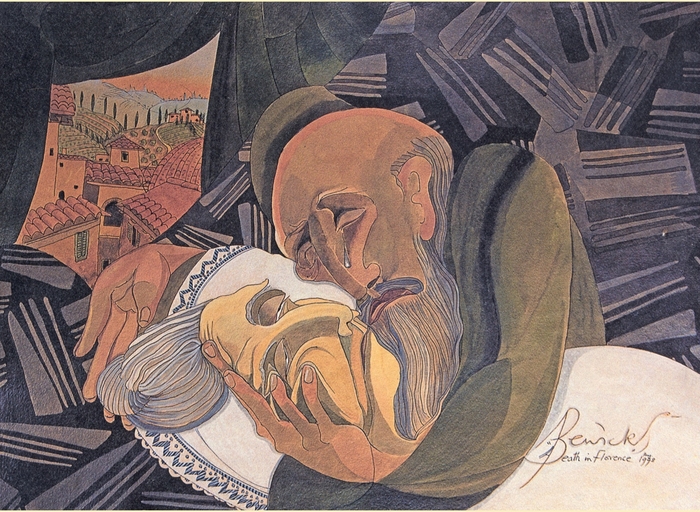Congratulations to Mary Turley-McGrath for winning the Trócaire/Poetry Ireland Award for her poem 'Valley of the Birches'. No doubt she will produce some more great work at the Tyrone Guthrie Centre which was the coveted prize. Mary took some time to give me her thoughts on Hellkite.
Many thanks Mary for that. I really appreciate such a personal response.
Hellkite
I really enjoyed these stories though few of them made me smile. They
are deeply reflective pieces on human behaviour and relationships moving from
the interpersonal to the intrapersonal. The characters and situations are true
to the world we live in with all its ambiguities and contradictions.
The writing is convincing, persuasive and direct so that I feel I am
being taken into the deeper regions of the human psyche where extraordinary
things happen to men, women and children. Circumstances, random events, and past histories influence the
characters in the actions and choices and in each story a major shift takes
place between the start and finish; perhaps this is why there is at the end of
many of the stories the possibility of redemption, or even some happiness for
the tortured soul of the protagonist.
Short stories do not have the luxury of back story…they are more like a
cross sections of lives. I find these cross sections reveal isolation, anger,
despair, rejection and loneliness bordering in some places on alienation. Yet
these stories are not devoid of love and affection. The characters in ‘The
Street with Looking-Glass Eyes’ are bound together by tragedy but also by a
deep affection; they live in an imaginary fairy tale world which seems about to
end.
The man in ‘Once Bitten’ is mysterious and secretive and his behaviour
is extraordinary; he is at odds with himself in many ways, seems to have
studied history and works in accountancy; quite intriguing, living in a surreal
world through the letters he writes and receives from an ‘old flame’. Perhaps
he needs to come to terms with his past and accept his imperfections. Quite an
enigma! This story has a filmic quality, very vivid and is perhaps my
favourite.
In ‘Apidea’, Hilary and Ambrose are dealing with mutual loneliness; both
have been abandoned by their children and have developed an interdependence
which sustains them both through and interest and fascination for bees. (This
reminds me of Sylvia Plath’s, ‘The Bee Box’ and and Carol Ann Duffy’s recent
collection The Bees.) The need for human contact and
understanding is at the heart of ‘The Call’. The swans become Kieran’s family
after his sister destroys his chances of finding a wife and subjects him to a
life together with her without a word spoken. Perhaps here, the issue is one of
self protection for the sister and not as deliberately vengeful as Cora’s
premeditated attack on Doyle’s prospects for happiness in the future, in
‘Hellkite’. Her treatment of her ex-husband is inexplicably cruel, just as the
change in the character in ‘Foraging’ takes on an extraordinary turn.
The gradual transformation in his person is very well handled and rather
Kafkaesque to say the least. Yet I found a layer of humour in this story which
I did not find elsewhere; I think it came with the tone adopted by the
narrator…four stories I think are first person…this one does very well in first
person. I feel there is a tongue in cheek element to it!
There were two stories that I did not quite get, ‘Drinking his Strength Back’ and ‘Feeding the Wolf of Lies’
On the other hand ‘The Devil’s Dye’ is short, descriptive, emotional,
poetic and powerful as if the girl is on the point of desperation.
I expected this book of stories to be one thing but found a multitude of
facets and situations and characters. It gave me a lot of things to think about.
Wonderful piece of work Congratulations
again.

